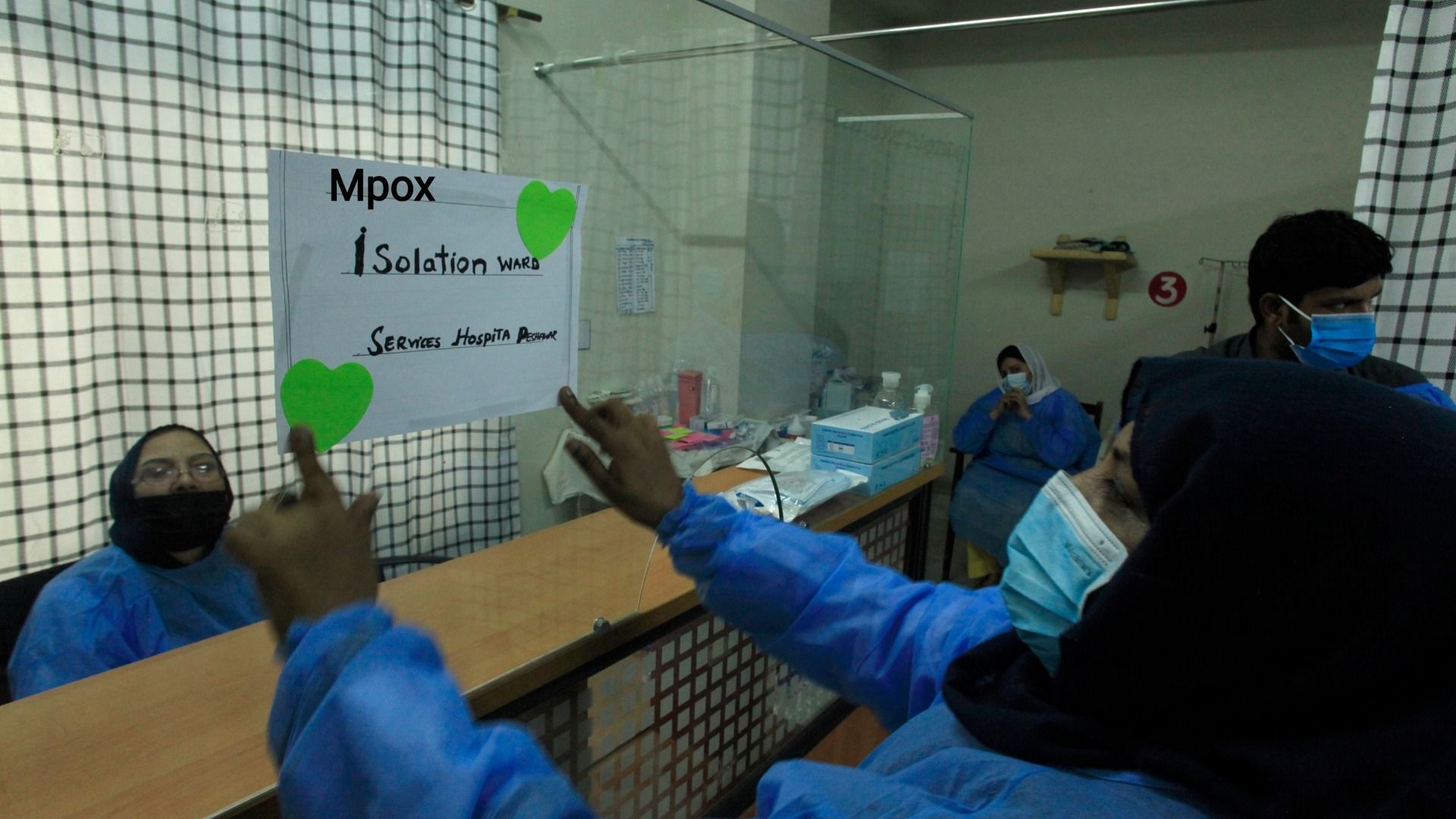Geneva: Africa is the first country which saw mpox outbreaks following which this disease was also declared a global emergency by WHO.
In a major update by the World Health Organisation (WHO), the monkeypox outbreaks in Africa may be stopped in the next six months.
Mpox Outbreaks in Africa Could End Soon, WHO Chief Gives Update
The head of the World Health Organisation believes the ongoing mpox outbreaks in Africa might be stopped in the next six months, and said Friday that the agency’s first shipment of vaccines should arrive in Congo within days.
To date, Africa has received just a tiny fraction of the vaccines needed to slow the spread of the virus, especially in Congo, which has the most cases more than 18,000 suspected cases and 629 deaths.
With the governments’ leadership and close cooperation between partners, we believe we can stop these outbreaks in the next six months, WHO Director-General Tedros Adhanom Ghebreyesus said at a press briefing.
He said that while mpox infections have been rising quickly in the last few weeks, there have been relatively few deaths. Tedros also noted there were 258 cases of the newest version of mpox, with patients identified in Burundi, Rwanda, Kenya, Uganda, Sweden and Thailand.
Mpox, a Global Emergency According to WHO
Earlier this month, WHO declared the ongoing mpox outbreaks in Africa a global emergency, hoping to spur a robust global response to the disease on a continent where cases were spreading largely unnoticed for years, including in Nigeria. In May, scientists detected a new version of the disease in Congo that they think could be spreading more easily.
Mpox, also known as monkeypox, is related to smallpox but typically causes milder symptoms, including fever, headache and body aches. In severe cases, people can develop painful sores and blisters on the face, chest, hands and genitals. Mpox is typically spread via close skin-to-skin contact.
WHO estimated about 230,000 vaccines could be sent imminently to Congo and elsewhere. The agency said it was also working on education campaigns to raise awareness of how people could avoid spreading mpox in countries with outbreaks.
Monkeypox: How it Spreads, Symptoms and Ways of Prevention
Monkeypox or Mpox is caused by a virus and leads to rashes and flu-like symptoms. The virus which causes Monkeypox comes from the Orthopoxvirus, same genus which causes the smallpox.
One can catch the disease by coming in close contact with the person who is already exposed to the virus or an infected animal.
The symptoms include – fever, rash, swollen lymph nodes, chills, headache, muscle aches and fatigue.
Here’s how you can prevent mpox…
One must avoiding contact with infected animals.One must avoid contact with bedding and other materials contaminated with the virus.Thoroughly cooking all foods that contain animal meat or parts.Washing hands frequently a must do.Avoiding contact with people who may be infected with the virus.Practicing safe sex.Wearing a mask.
(Inputs from AP)
Mpox Outbreaks in Africa Could End Soon, WHO Chief Gives Big Update world-news World News | Latest International News | Global World News | World News Today




